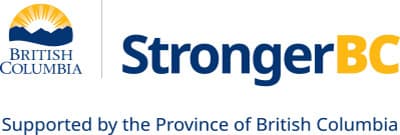Program description
The Indigenous Approaches to Governance in Canada program provides foundational knowledge on concepts, themes and topics needed to understand and appreciate Indigenous governance. Participants will learn about the historical and contemporary challenges facing Indigenous Peoples, including the Indian Act and its impact on Indigenous governance. Topics are organized by eras, beginning with pre-contact Indigenous governance systems and European colonization of Indigenous governance, then proceeding to Indigenous resistance and the revival of the inherent right, nation-building, and ways Indigenous nations are implementing self-government, along with its challenges and successes.
Governance in an Indigenous context is the way people make decisions together as a self-defined socio-political community. It is a fundamental system of organized societies and is structured in diverse ways. Indigenous governance systems across Canada have similarities with western democratic governance principles and practices; however, they are very different, distinct and unique. Intentional and active oppression of Indigenous governance in Canada began with colonization and the imposition of the Indian Act. For almost 150 years, the Indian Act continues to be the dominant federal, government-imposed governance framework for First Nations across Canada regardless of their specific cultural institutions or practices.
This program will examine the traditional Indigenous governance structures and assess the impact of the Indian Act on the capacity of Indigenous Peoples to govern themselves effectively. We will also explore the link between self-determination and effective governance. Finally, we will consider how Indigenous nations are gaining an advantage over the Indian Act, fighting for the political and legal space to create new governance frameworks that are better suited to their unique traditions, culture, and present-day needs and transitioning to their communities’ inherent right of self-governance.
Program highlights
This program is delivered online, allowing you to work independently within deadlines set by your instructor. With this format, you don't have to worry about travel or scheduling conflicts while you study. You can work at your own pace, on your own schedule and maintain a balanced lifestyle.
The University of Victoria is one of Canada's leading universities, recognized for preparing students for careers in a wide range of disciplines. Upon successful completion of this program you will receive a micro-certificate.
Our Indigenous Approaches to Governance in Canada program is designed with a busy lifestyle in mind. Learn at your own pace, set personal deadlines and propel your career journey forward.

Through the StrongerBC future skills grant, students may be eligible to receive funding for this program. View details and eligibility.



